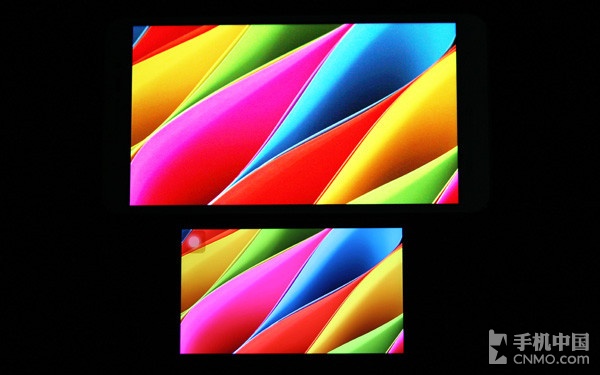Portable Devices with Light Emitting Diodes Have Unfavorable Health Effects
![By outlaw_wolf [CC-BY-SA-2.0 (http://creativecommons.org/licenses/by-sa/2.0)], via Wikimedia Commons](https://techtheday.com/wp-content/uploads/2014/10/blue-LED1.jpg)
By outlaw_wolf [CC-BY-SA-2.0 (http://creativecommons.org/licenses/by-sa/2.0)], via Wikimedia Commons
Light Emitting Diodes or LEDs are doubtlessly excellent inventions. The invention of the blue LED has even become a Nobel Prize winning feat. LED lights are already becoming more advantageous even when compared to fluorescent lamps. However, they are not without the drawbacks. Recently, a study has affirmed earlier studies and deductions on the harm caused by mobile devices that produce light using LEDs.
The Research
This recent research on the health effects of LED lights on humans was conducted by a team at Brigham and Women’s Hospital (BWH). It was a two-week inpatient study that sought to compare the biological effects of reading a light-emitting electronic device (referred to as a LE-eBook by the team) and reading a traditional printed book.
During the study, twelve participants were made to read LE-eBooks on an iPad for four hours before bedtime, for five consecutive nights. The same participants were then asked to do the same routine for the same period but with printed books.
The Results
The researchers found that the natural circadian rhythms of the research subjects were interrupted by the short-wavelength enriched light emanating from the LEDs. For the uninitiated, the iPads used in the research have displays that have LED lights. iPads may not have OLED displays (they use IPS display technology) but their displays still make use of LED lights for the backlighting.
Research participants who read an LE-eBook did not sleep as early as when they read printed books. The light from the devices apparently reduced sleepiness in the evening for those who read an LE-eBook. The research wasn’t just about doing physical observations (that could be subjective to some extent), though, as the researchers also decided to observe the biological reactions of the participants. It was found that those who read an LE-eBook before going to bed had reduced melatonin secretion, which resulted in the later timing of their circadian clock and reduced next-morning alertness.
Earlier research initiatives on blue light have already shown that blue light really has the ability to suppress melatonin secretion but, as the researchers claim, there haven’t been research efforts aimed at exploring the effects of LED lighting technology on sleep.
![By Sigismund von Dobschütz (Own work) [CC-BY-SA-3.0 (http://creativecommons.org/licenses/by-sa/3.0)], via Wikimedia Commons](https://techtheday.com/wp-content/uploads/2014/05/seniors-tablet-pc.jpg)
By Sigismund von Dobschütz (Own work) [CC-BY-SA-3.0 (http://creativecommons.org/licenses/by-sa/3.0)], via Wikimedia Commons
Should You Be Alarmed?
Further tests may still be needed to come up with more conclusive results but for now, it’s safe to assume that blue light from LEDs and mobile device displays are not contributing anything beneficial to a good night’s sleep. But are these research results really alarming? Maybe it’s not as much as what the LED harm hype is trying to make it appear but certainly, the possible adverse health consequences cannot be ignored. Being unable to get enough sleep is never a good thing. Even worse is the research finding that says that even if someone who failed to sleep at the expected time is able to sleep for full eight hours, that person will still feel tired and not as recharged as someone who slept the same number of hours but on time (based on the person’s regular sleeping habits).
Adjusting Display Calibration
As mentioned earlier, the main culprit here is the blue light that emanates from the display. That’s why it is worth asking if something software-based can be done to change that blue light into something warmer. It’s unfortunate that the researchers did not consider exploring this possibility. At present, many mobile devices already come with the software to adjust the color temperature, contrast, brightness, and saturation of displays. If the color temperature of the displays could be modified into something warmer (to reduce blue light), the effect of the artificial light on sleep might be minimized or removed. Researchers should also consider this possibility and not only focus on how LED lights tend to be bad for sleeping patterns.
The possibility of mobile devices having an adverse effect on health is not a new issue. That tablets can disrupt sleep is something other research have already pointed out. Recent studies are only affirming the findings. It would be better if researchers focus on the solutions now instead of repeatedly emphasizing the banes of technology. The idea of making displays warmer (reducing blue light) or using other forms of backlighting technology can be explored to find out
